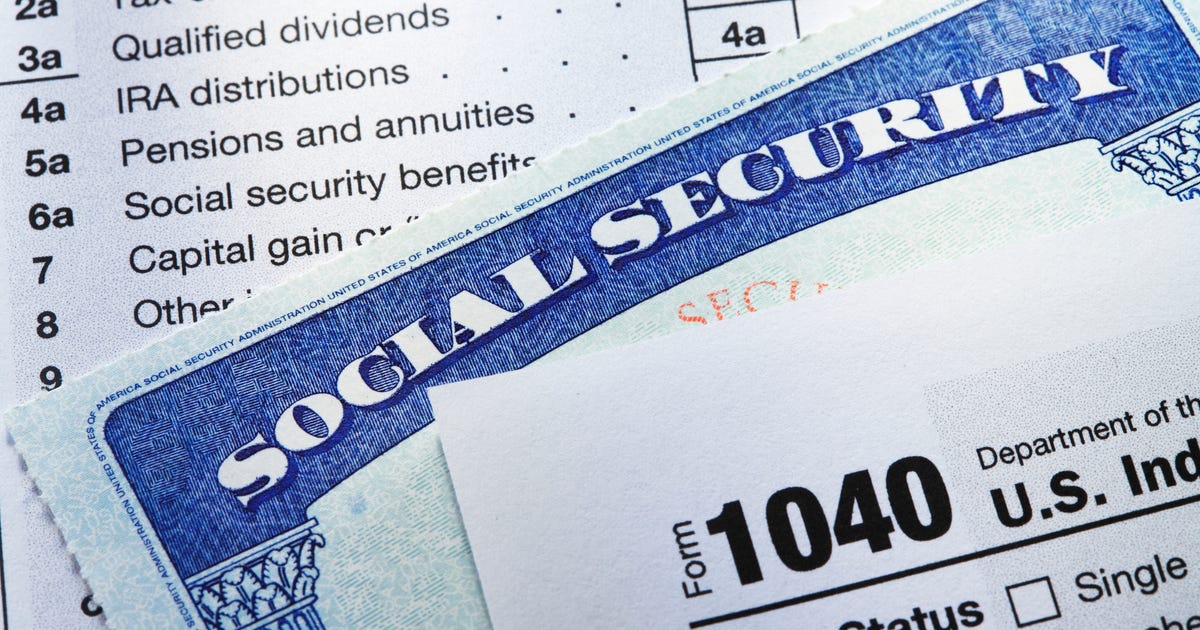Apple on Monday said it’s raising prices on its popular Apple Music and Apple TV Plus subscription services, as well as on its Apple One bundle, marking the first major price increase in the US from the company in years.
Apple Music is jumping by $1 for individuals to $11 per month and by $2 for families to $17 per month. Apple TV Plus, meanwhile, is rising by $2 and will now cost $7 per month. Apple’s bundle service, Apple One, meanwhile, will cost $16.95 per month for an individual — a $2 increase. The Apple One family plan will hit $22.95 per month — a $3 increase.
An Apple spokeswoman cited increased licensing costs and payouts to artists and songwriters for Apple Music’s price increase. Meanwhile, she noted that Apple TV Plus had started at a low price with “just a few shows and movies,” but now has a much larger selection of “award-winning and broadly acclaimed series, feature films, documentaries, and kids and family entertainment from the world’s most creative storytellers.”
The move marks the latest in a series of price increases among top subscription services as economic instability around the world has led to high inflation. Netflix, Spotify, Disney and even Google-owned YouTube have raised at least some of their subscription rates over the past couple years, though like Apple they haven’t all blamed the global economy.
Some of the price increases, such as with Spotify and YouTube, have been focused on family plans, where multiple people benefit from access to the service. Netflix, Disney Plus and Apple, meanwhile, have made their price increases hit more broadly.
It’s hard to determine whether people will change their habits in response to the price changes. Every time a service raises prices, it typically has to deal with what’s known as churn, or the rate of cancellations. Netflix, for its part, has previously characterized its churn after a price increase as manageable, calling it an “adjustment period” of “slightly higher churn.” But shortly after Netflix raised its prices by as much as $2 in January, an unprecedented number of people dropped the service. Earlier this month, the company reported growth again, but not before it promised to change its business by cutting costs and offering a new, cheaper ad-supported tier.
Apple hasn’t updated its public Music membership figures in more than three years. Back in June 2019, Apple said its service had 60 million subscribers. Spotify, meanwhile, reported in July that it has 188 million paying subscribers and expected to eclipse 450 million total listeners last month. According to music industry researcher MIDiA, Apple holds about 15% of the world’s subscription music market; Spotify’s share is more than double that.
Apple has never disclosed a subscriber count for Apple TV Plus, but it’s generally considered to be a fraction of Netflix’s, which had 223 million paying customers around the world as of September.




